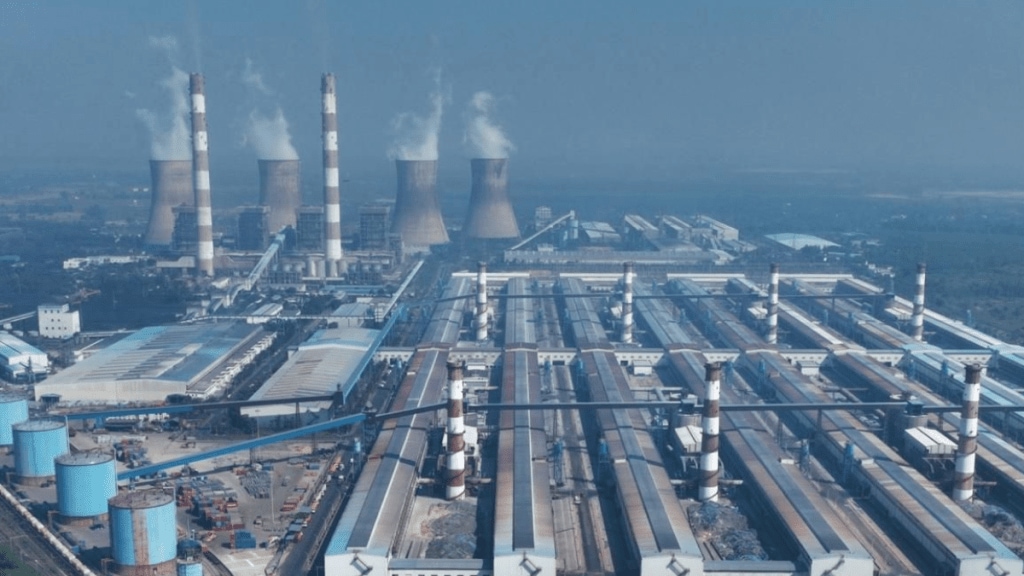Vedanta Aluminium, India’s largest aluminium producer by volume, has outlined a series of measures aimed at reducing its carbon footprint, including renewable energy procurement, fuel diversification, and electrification of plant logistics.
According to the company, it is sourcing 1,335 megawatts (MW) of renewable energy through a long-term agreement with Serentica Renewables to supply its operations in Odisha and Chhattisgarh. Vedanta plans to meet 30% of its total power needs through renewable sources by 2030.
The company has also partnered with GAIL (India) Ltd. for natural gas supply at its casthouse operations and has initiated biomass co-firing using agricultural residue briquettes at its Lanjigarh alumina refinery and the BALCO smelter in Chhattisgarh. It reports using 20 tonnes of biomass daily at Lanjigarh.
In plant logistics, Vedanta has deployed electric forklifts at its Jharsuguda facility and plans to transition its entire light motor vehicle fleet to electric by 2030. It has also partnered with electric mobility platform Let’s DriEV in Jharsuguda to promote EV adoption among employees and residents.
The company has begun pilot runs using biodiesel in commercial vehicles to evaluate the fuel’s potential integration into existing logistics operations.
Vedanta Aluminium states that its smelters are certified under the Aluminium Stewardship Initiative’s Performance Standards. Its products are also listed with Environmental Product Declarations (EPDs), detailing the environmental impact of their production.
The company conducts environmental awareness campaigns in areas where it operates and participates in programs tied to global observance days.
Vedanta ranked second globally among aluminium companies in the S&P Global Corporate Sustainability Assessment 2024, based on publicly available company disclosures.
